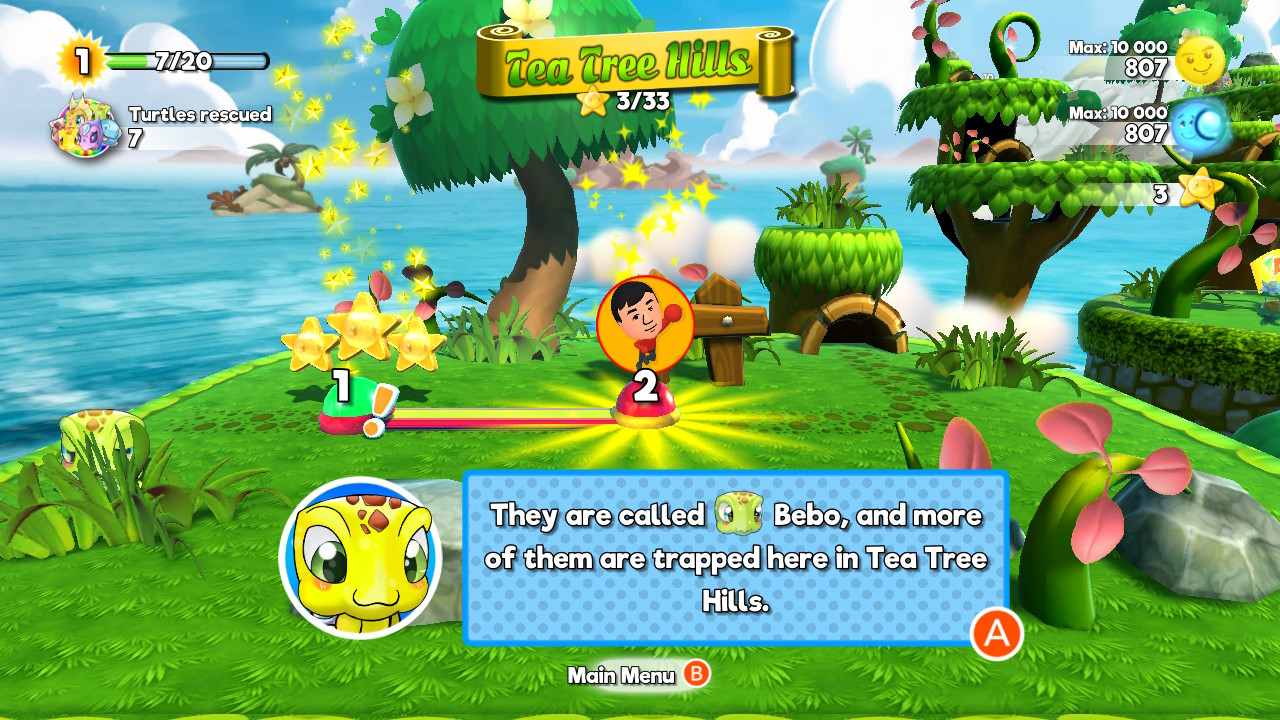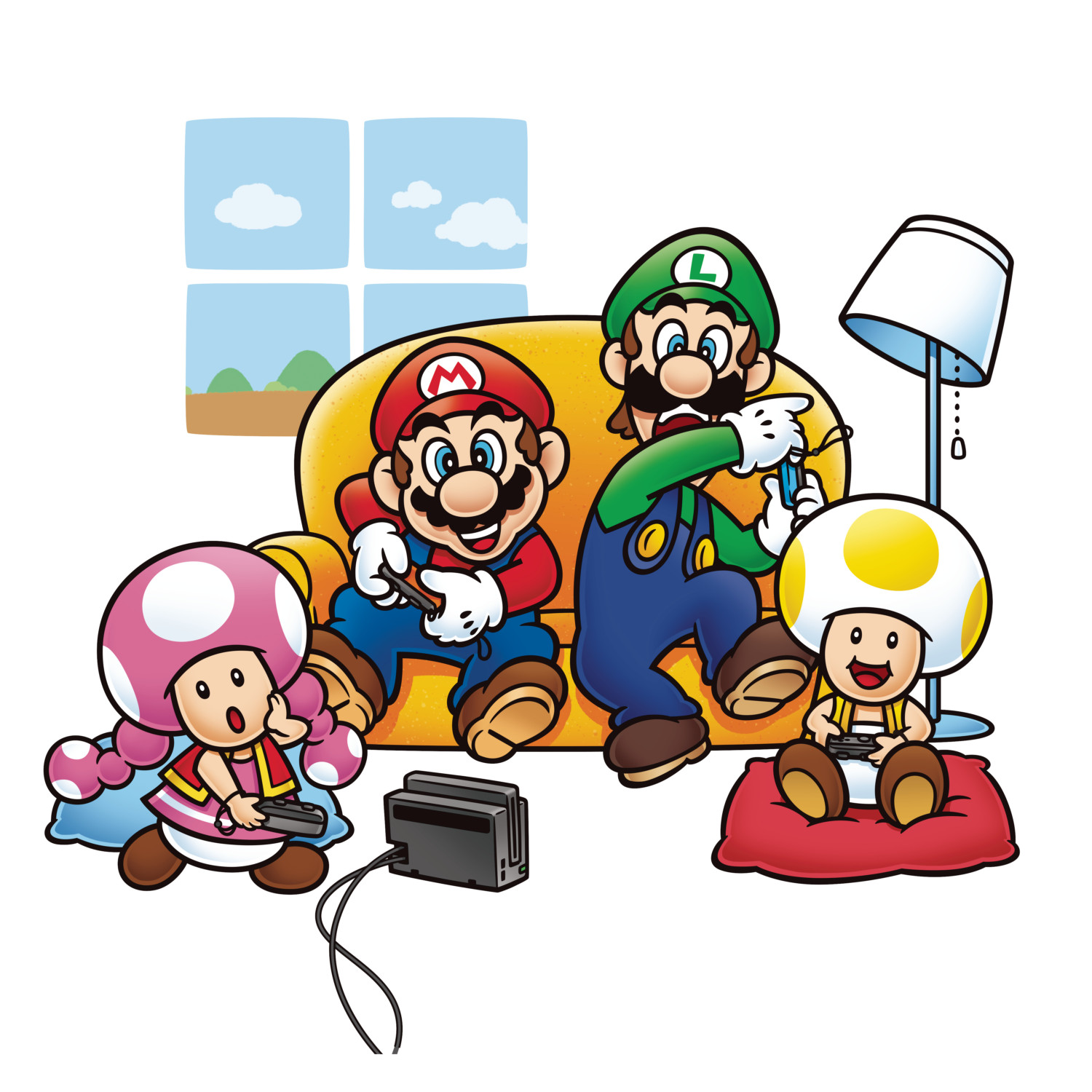
Zengami and the TurtlePop
In an age where Indie developers pop up from every corner of the world, some will go on to make big hits, while others fall into obscurity. However, one indie company in the tiny island of Singapore hopes that their upcoming game can pop out of the crowds and ride the waves to success on the Switch.
We got the honour of speaking with Zengami’s CEO, Andrew Carter, about their upcoming game TurtlePop: Journey to Freedom, as well as, their independent studio.

The first thing we just had to ask was why a game about turtles, to which Carter replied, “Why turtles precisely? It just seems like we can do a lot of fun things with turtles. There wasn’t really any turtle games and we all liked turtles.”
Indeed there were some fun things about real life tortoises and turtles that inspired the team to make a game about it. At one point, the three founders of Zengami were looking at a whole bunch of turtles crawling on top of each other, making turtle stacks of each other. That real-life inspiration will go on to make its way into their puzzle platforming game, TurtlePop.
“We had some good designs for turtles. We look at other designs for other (animal) characters as well, still, we thought that turtles are the cutest and the most endearing,” Carter continued.
Underneath the cutesy graphic of turtles in TurtlePop was a game that is uniquely itself. The platforming and puzzle combination of the game provided a huge differentiation from the other generic platformers that have been coming out in waves.

In TurtlePop, on top of just finding your way to the end of the map, players will have to manipulate the game world, solve puzzles and enhance the abilities of the turtles. All of which works together in great synergy to provide a fresh and exciting experience. On top of that, the game’s more than 100 stages will provide around 60 hours of gameplay for even the most avid of gamers.
Still, Carter was worried that TurtlePop may be grouped with the generics.
“Actually we are worried that when people were first introduced to the game, or see the game, they will just think it is platforming or something like that. When we make any game, we think it has to be new and different, never something that is already there.”

What sets Turtlepop different from the other games is also its multiplayer aspect. Having tried a bit of multiplayer, I was pleasantly surprised at how the fun and exciting the multiplayer was. The competitive multiplayer was easily one of the freshest I have played in a while. Especially with the competitive “Lick-em up” game mode, where you can end up directing a huge horde of turtles that all jump and lick in humorous synchronicity.
Even multiplayer co-op came with a versus component if you have four friends over.
“We started off with something that is simple, that we thought should work and then when we were sitting and testing, it was like four guys in the office really having fun here,” Carter said.
Which all makes it such a shame that online or even local wireless multiplayer was not baked into the game. Carter explained that their focus for the release, was for everyone to gather around one big screen or one very small screen.
 So what was it that drew Zengami to the Switch. It turns out that developing for the Switch was a huge leap of faith for the studio. The studio had only got their hands on the Switch around the console’s release date in March. Not knowing whether or not the Switch will succeed, they diverted all their resources to put Turtlepop exclusively for the Nintendo Switch.
So what was it that drew Zengami to the Switch. It turns out that developing for the Switch was a huge leap of faith for the studio. The studio had only got their hands on the Switch around the console’s release date in March. Not knowing whether or not the Switch will succeed, they diverted all their resources to put Turtlepop exclusively for the Nintendo Switch.
“We took a chance, before knowing really how successful it will be and it worked out. Basically, it (the Switch) was a brilliant machine that appealed to us whether it was in handheld, tabletop, or TV mode. There were lots of potential for multiplayer and I just love how small it is and relatively speedy it is.”
Carter himself was no stranger to development himself, as a former Head of Product Development at Atari Melbourne House, he had played many roles in his career in the gaming industry, from programming to producing. So eventually when they left, they decided to bring along the bold and adventurousness and go back to the spirit of creation.
“So we thought, let’s try and do our own games, which is a lot more fun but also, a lot more scary because you need to manage the finances and so on. Also, brand new IPs can be very difficult with publishers, a lot of publishers are scared of new IP. But anyway that was what we decided to do in the spirit of adventure. We have worked for big huge multinational publishers for years and years, so let’s try something else. If not now then when?” Carter explained.

As TurtlePop prepares for launch tomorrow, we tried to find out what’s next for the game in the future. As Carter puts it, a lot of it will be dependent on the sales of TurtlePop. The team have plans for an update to the game and is considering to add on to the game’s multiplayer if the game is successful. Carter also mentions, that they are interested in making a physical version of the game and hopes to do so.
Moving forward, the team has a lot of ideas, be it of the same genre or a different one.
“There is starting to be quite a lot of games for the Switch, we TurtlePop stands out enough for you to give it a try. If you give it a try we really hope you enjoy playing it. We hope you can support the game and have fun.”
TurtlePop launches tomorrow, 9 March 2018, on the Nintendo eShop for $19.99
